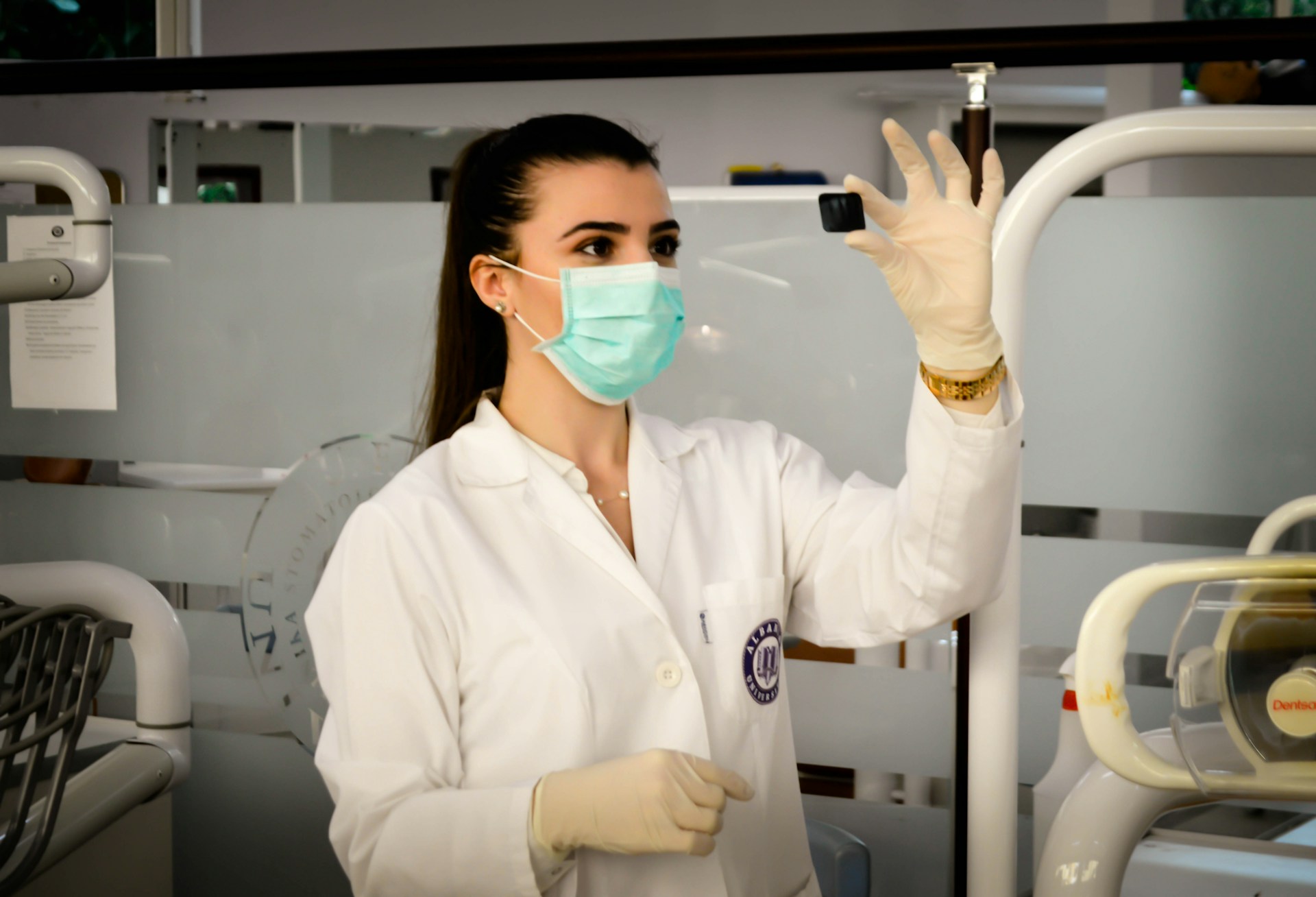Guarding Your Health: Innovative Approaches to Detecting Heart Diseases and Cancer Early
Early detection of cancer and diseases of the heart can be crucial in determining one’s overall health and well-being. This article delves into innovative approaches to the early detection of these life-threatening conditions. By staying informed about these cutting-edge techniques, you can safeguard your health and save lives.
The Importance of Early Detection
Early detection of heart diseases and cancer significantly increases the chances of successful treatment and recovery. In the absence of timely diagnosis, these conditions can progress silently, leading to more complex and challenging health issues down the line. Therefore, understanding the latest advancements in early detection is paramount for ensuring a longer and healthier life.
Advanced Imaging Technologies
One essential advancement in early disease detection is advanced imaging technologies. These noninvasive methods provide detailed insights into the condition of the heart and the presence of cancerous growths. Magnetic Resonance Imaging (MRI), Computed Tomography (CT) scans, and Positron Emission Tomography (PET) scans are among the most notable techniques.
Blood Biomarkers
Blood biomarkers have also emerged as a vital tool in early disease detection. These molecules or substances in the blood can indicate the presence of heart disease or cancer. Researchers have identified numerous biomarkers associated with these conditions, enabling healthcare professionals to detect them earlier.
Genetic Screening
Genetic screening is another revolutionary approach to early detection. Analyzing an individual’s genetic makeup makes it possible to identify inherited genetic mutations that may predispose them to heart diseases or certain types of cancer. This information allows for targeted monitoring and preventive measures.
Artificial Intelligence in Diagnostics
Artificial intelligence (AI) has made significant strides in healthcare. AI algorithms can analyze medical data, such as imaging results and patient records, with incredible accuracy and speed. This technology assists medical professionals in detecting abnormalities and potential disease markers much earlier than traditional methods.
Regular Health Check-ups
Regular health check-ups are a fundamental aspect of early detection. Even with the most advanced technologies and diagnostic tools, they are only effective when individuals commit to routine screenings and consultations with healthcare providers. Establishing a proactive approach to your health by scheduling regular check-ups is crucial.
Screening Guidelines
Adhering to established screening guidelines is paramount for early detection. These evidence-based guidelines are meticulously crafted, taking into account individual risk factors and age groups. By steadfastly following these recommendations, individuals receive the necessary screenings at specified intervals. This proactive approach empowers individuals to stay ahead of potential health challenges, enabling timely intervention when needed. These guidelines, rooted in thorough research, serve as a critical roadmap for healthcare providers, ensuring that patients are evaluated comprehensively and accurately. In essence, strict adherence to these guidelines is a cornerstone of proactive healthcare, contributing significantly to early disease detection and improved outcomes.
Lifestyle Modifications
Maintaining a healthy lifestyle is a decisive contribution to early detection efforts. A balanced diet, regular exercise, and avoiding harmful habits such as smoking and excessive alcohol consumption significantly reduce the risk of heart disease and certain types of cancer. These lifestyle modifications can complement early detection methods.
Patient Education
Educating oneself about the signs and symptoms of heart disease and cancer is an essential step towards early detection. Being aware of unusual changes in the body, such as persistent chest discomfort, unexplained weight loss, or unusual lumps, and promptly reporting these to a healthcare provider can lead to timely diagnosis and intervention. This proactive approach is vital in catching these potentially life-threatening conditions at their early and more treatable stages, improving the chances of successful outcomes and a healthier future. By staying vigilant and informed, individuals can play a significant role in safeguarding their overall health.
Collaborative Care
Collaboration among healthcare professionals plays a pivotal role in the early detection of heart diseases and cancer. A multidisciplinary approach, involving doctors, nurses, radiologists, and specialists, ensures comprehensive consideration of a patient’s health during the diagnostic process. This collective effort brings diverse expertise to the table, enhancing the accuracy and effectiveness of early detection methods. By fostering seamless communication and shared insights, healthcare teams can promptly identify risk factors, interpret diagnostic results, and recommend tailored interventions. This collaborative synergy ultimately contributes to better outcomes for patients, reinforcing the significance of teamwork in the ongoing battle against these life-threatening diseases.
Conclusion
Innovation and awareness, as well as the early detection of heart diseases and cancer, are the cornerstones of a healthier future. As technology advances, understanding of these conditions deepens, one is better equipped than ever to detect and address them at their earliest stages. You can guard your health and save lives by staying informed, proactive, and committed to a healthy lifestyle. Remember, early detection can make all the difference regarding your well-being.

